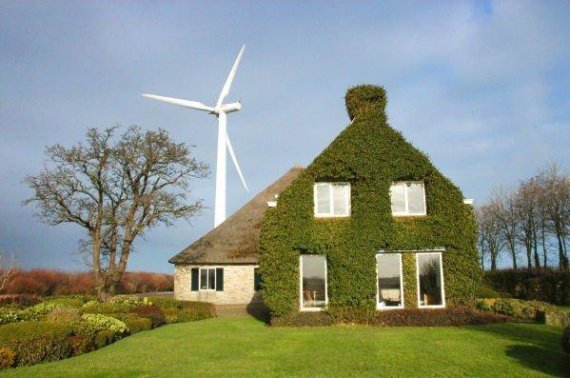The European programme Susplace, in which six universities work with seven non-academic partners, is all about ‘sustainable place-shaping’. ‘That is how people jointly give shape to their locality in a sustainable way,’ explains Ina Horlings of the Rural Sociology chair group. ‘Take energy cooperatives, for instance, in which residents invest jointly in wind and solar energy. We want to find out how people organize and implement this in their localities.’ Horlings coordinates the EU project together with her colleague Dirk Roep.
Fifteen young researchers will study cases in six European countries in the next three years. They will look at energy cooperatives in the Netherlands, Scotland and Portugal. They will also study how local leaders take responsibility for local development. A third study will focus on policy: what strategies do managers and policymakers use to stimulate local development? ‘The government of Wales has explicitly included sustainable development in its policy and embedded it in the legislation. It supports networks of people seeking to put it into practice, it has subsidy funds and creates policy space for people to experiment. We are looking for more examples like that of successful policy development.’
The researchers work with the government of Wales, eco-villages in Finland, an audiovisual organization in Portugal, the Dutch sustainability cooperative EXCEPT and consultancy bureau Royal Haskoning/DHV. Gaining and exchanging knowledge is not the only objective, says Horlings. ‘The most important part of a Marie Curie project is the training programme. One component of this is a tough practical training in research skills. There are also courses in writing and communication. Mainly in Wageningen, but there will also be two courses in Wales and a summer school in Portugal. The EU project Susplace starts in October and the young researchers start in April 2016.

